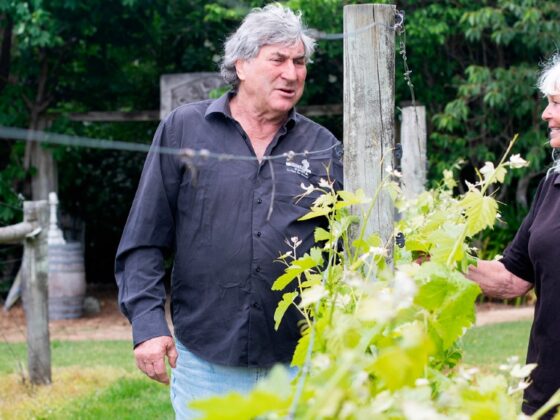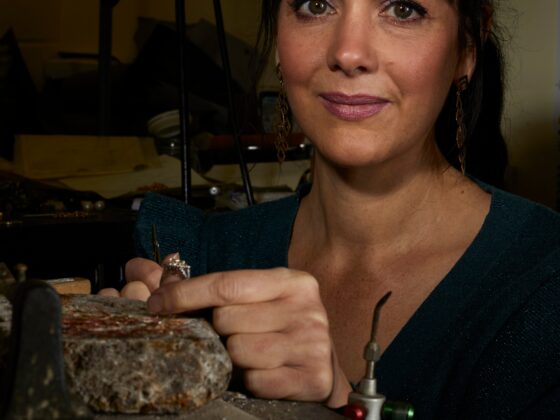From multi-generational farms in Hawke’s Bay to urban properties in Auckland, each family’s wealth journey has its own complexities. While TV shows like “Succession” might dramatise extreme wealth transfer scenarios, the reality for most Kiwi families involves navigating more modest but equally important financial transitions.
The conversation about family wealth in New Zealand often focuses solely on property and KiwiSaver balances. However, true intergenerational wealth encompasses far more than just dollars and cents.
Whether you’re managing a family orchard in Hastings, running a sheep station in Central Hawke’s Bay, or maintaining a portfolio of urban investments, the principles of building lasting family wealth remain surprisingly similar.
RURAL REALITIES: FARM SUCCESSION PLANNING
For many New Zealand families, particularly in regions like Hawke’s Bay, farm succession planning is a crucial aspect of intergenerational wealth. The challenges are unique:
• Balancing fair distribution among siblings when the main asset can’t be divided
• Managing the transition of farm management while maintaining operational efficiency
• Addressing the growing complexity of environmental regulations and compliance
• Dealing with climate-related risks and changing agricultural practices
• Supporting older generations’ retirement while enabling younger generations to take over
Successful farm succession requires early planning, open communication, and professional advice from rural financial specialists who understand both farming operations and family dynamics.
As much as the farm may be a family business, the burden of planning for the future doesn’t have to be just a family matter.
ESSENTIAL DIMENSIONS OF FINANCIAL WELLBEING
VALUES AND PURPOSE (SPIRITUAL CAPITAL)
In New Zealand’s multicultural society, family values often blend different cultural perspectives about money and success. For whānau Māori, this might include kaitiakitanga (guardianship) principles; while farming families might emphasise stewardship of the land for future generations. These core values shape how families approach wealth building and transfer.
FINANCIAL RESOURCES
While financial capital is crucial, it’s most effective when paired with professional advice. For rural families, this might involve structuring farm ownership to balance operational needs with family fairness. Working with qualified financial and rural advisers can help families navigate these complexities.
PERSONAL DEVELOPMENT
Investing in human capital means ensuring family members have the skills and knowledge to manage wealth responsibly. For farming families, this might mean supporting the next generation to gain both agricultural expertise and business management skills. This could involve formal education, practical farm experience, or developing complementary ventures.
FAMILY RELATIONSHIPS
Strong family bonds are particularly important in rural New Zealand, where businesses and personal lives are often intertwined, and multiple generations might work together daily. Clear comms about succession plans, financial expectations, and responsibilities helps prevent misunderstandings and maintains healthy relationships.
GOVERNANCE STRUCTURES
As wealth grows, families need appropriate structures to manage it effectively. This might involve setting up family trusts, creating farming companies, or establishing clear policies about family financial support. For rural properties, this often includes developing formal succession plans and operational transition strategies.
Professional advice is crucial here; NZ trust laws and agricultural regulations require careful navigation.
COMMUNITY CONNECTION
Our strong community spirit means many families want their wealth to benefit society. Whether through rural initiatives, environmental projects, or supporting tāngata whenua, families can (and do) create meaningful legacies beyond financial assets.
THE VALUE OF PROFESSIONAL FINANCIAL ADVICE
If you’re planning the transfer of a family farm, ensuring your commercial property provides long-term security, or building a business legacy; in today’s complex financial environment, professional advice has become increasingly important.
A qualified financial adviser can act as the impartial party in what are often complex family financial discussions. They’ll get all your ducks in a row from the start; from family matters like structuring investments and succession plans, to helping you stay on track with your own plans for retirement.
Consider this: Beyond financial assets, what values and capabilities do you want to pass on to the next generation? Your answer will help shape not just your family’s financial future, but its entire legacy.










